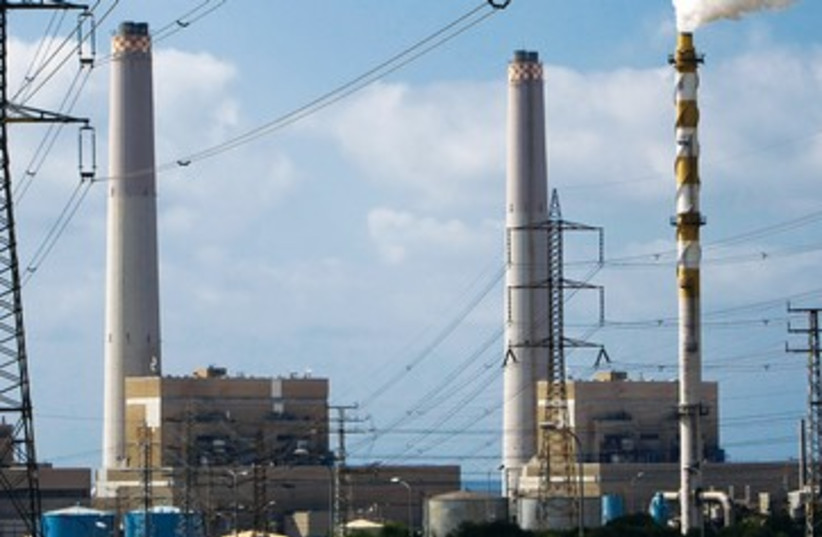Long periods without electricity are having a serious impact on the mental health of many people living in the Gaza Strip, according to a new study published by researchers at the UK’s University of Birmingham. More than 2.3 million people who live in a narrow strip of land squeezed between Egypt and Israel suffer from power cuts often for more than 12 hours daily.
Gaza has two main sources of power: the Israel Electric Corporation, which supplies power through 10 lines, and the Gaza Power Plant. However, the amount of electricity that reaches Gaza from Israel or is produced locally has been drastically reduced, due to endless terrorist attacks on southern Israel by Hamas and the Islamic Jihad.
The situation deteriorated further since 2017, because of disputes between the de-facto authorities in Gaza and the West Bank-based Palestinian Authority.
Gaza reportedly gets 120 megawatts from Israel, 60 megawatts from the Gaza power plant, and 30 megawatts from Egypt, but the lines from the Egyptian side were cut off since February 2018.
The UK researchers, who published their findings in the International Journal of Social Psychiatry under the title “The impact of access to electricity on mental health in conflict-affected territories: An exploratory study in Gaza,” found higher levels of anxiety and depression among people who experienced a constant lack of electricity. Their sense of well-being improved as access to reliable sources of energy increased, the team reported.

A widespread problem
They surveyed 350 families living in the Gaza Strip – 81% of whom lived with an intermittent electricity supply. About 93% of participants contended that they suffered from moderate-severe or severe anxiety, compared with six percent of the general population in the West Bank. Some 44% said they suffered from moderate-severe or severe depression, compared with 5.6% in the general population.
Co-author Raya al-Dadah, from the University of Birmingham, commented: “We found that electricity issues, especially when combined with other stress factors associated with living in Gaza, lead to serious mental health concerns. Urgent attention must be given to developing sustainable, reliable, and affordable energy supplies for short- and long-term health and community development.”
Lead author Dr. Mazen AbuQamar from Al-Azhar University-Gaza, said that “intermittent access to electricity can impact social and community networks in many ways, including reducing people’s opportunities to study or access functional health care services. Importantly, access to reliable, non-polluting, and affordable energy can support employment, promote economic development, and help address poverty.”
